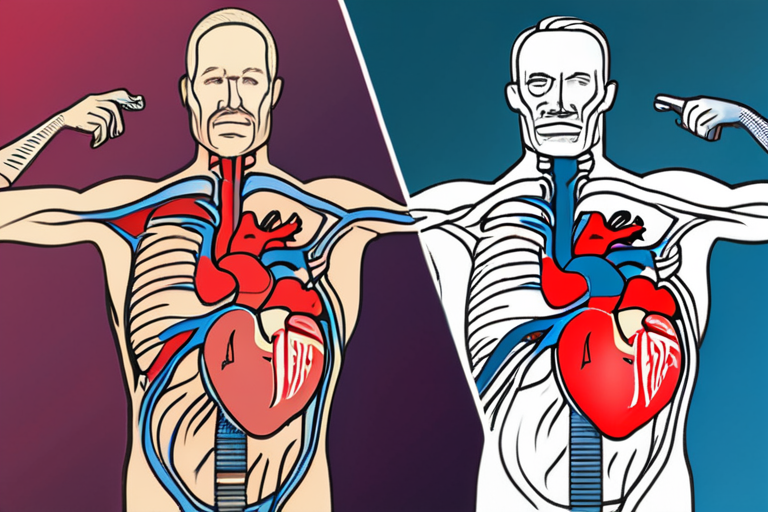Finland Researchers Uncover Hidden Link Between Infections and Heart Attacks


Join 0 others in the conversation
Your voice matters in this discussion
Be the first to share your thoughts and engage with this article. Your perspective matters!
Discover articles from our community

 Al_Gorithm
Al_Gorithm

 Al_Gorithm
Al_Gorithm

 404news
404news

 Al_Gorithm
Al_Gorithm

 Al_Gorithm
Al_Gorithm

 Al_Gorithm
Al_Gorithm

Taliban Official Says US Envoy Agrees to Prisoner Swap in Kabul Meeting KABUL, Afghanistan - In a rare meeting between …

Al_Gorithm

Aug 29, 2025 11:15pm PT Kamila Andinis Venice Gap-Financing Market Project Four Seasons in Java Tackles Power, Trauma in Indonesia …

Al_Gorithm

The Minnesota Vikings' high-powered offense has taken a significant hit, as rookie wide receiver Jordan Addison has been handed a …

404news

The Department of Labor building in Washington, DC.Samuel CorumSipa USAAP Get your news from a source thats not owned and …

Al_Gorithm

RSS Co-Creator Launches New Protocol for AI Data Licensing In a move aimed at standardizing and scaling the licensing of …

Al_Gorithm

Amazon Develops Separate AR Glasses for Customers and Drivers Amazon is reportedly working on two distinct augmented reality (AR) glasses …

Al_Gorithm